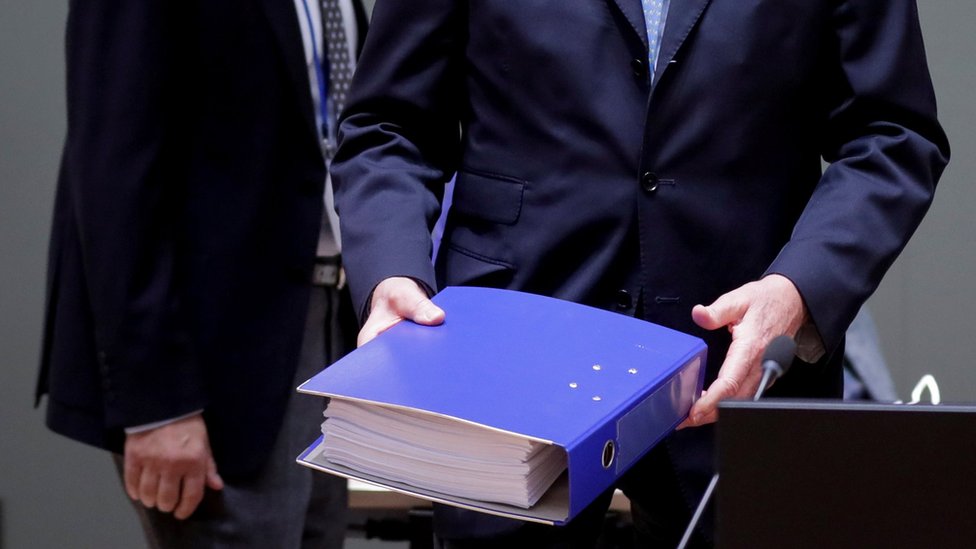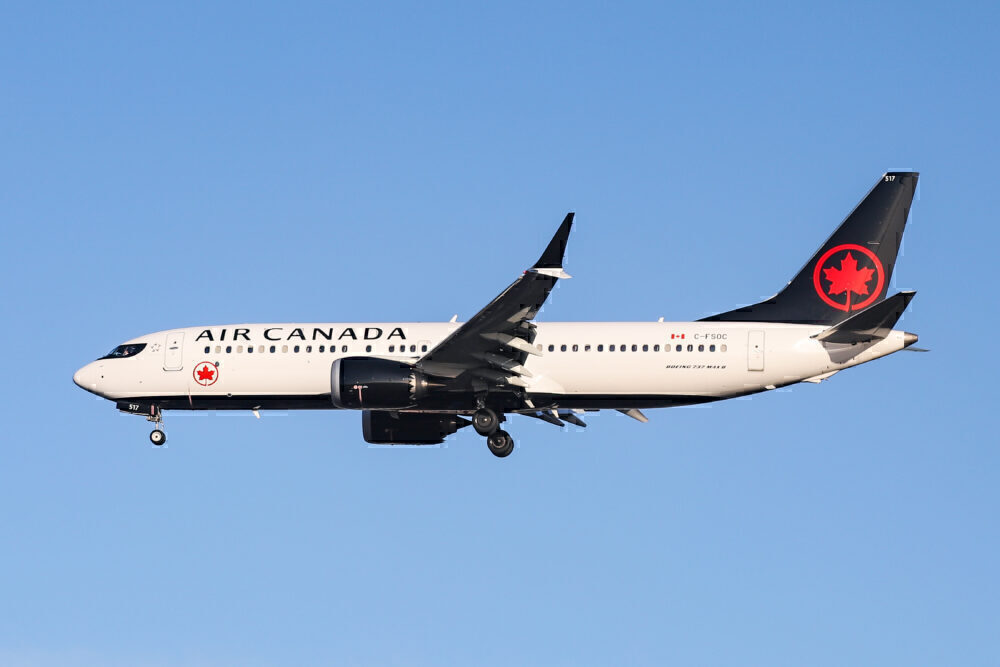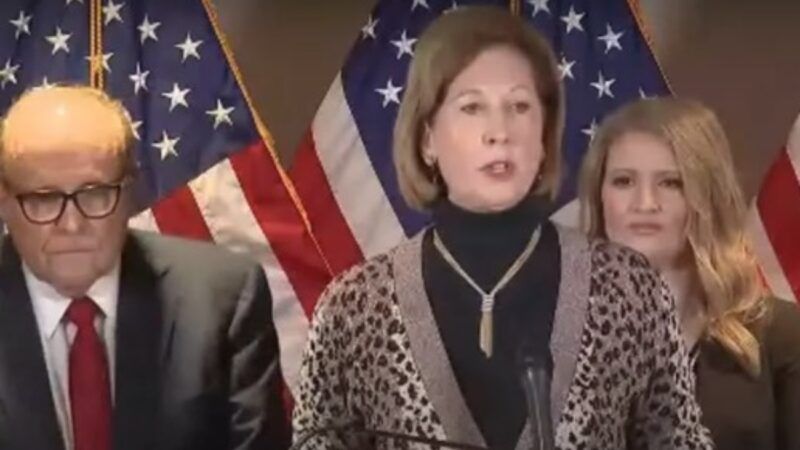Google told its scientists to 'strike a positive tone' in AI research - documents
By Paresh Dave and Jeffrey Dastin

© Reuters/ARND WIEGMANN FILE PHOTO:
An illuminated Google logo is seen inside an office building in Zurich
OAKLAND, Calif. (Reuters) - Alphabet Inc's Google this year moved to tighten control over its scientists' papers by launching a "sensitive topics" review, and in at least three cases requested authors refrain from casting its technology in a negative light, according to internal communications and interviews with researchers involved in the work.
Google's new review procedure asks that researchers consult with legal, policy and public relations teams before pursuing topics such as face and sentiment analysis and categorizations of race, gender or political affiliation, according to internal webpages explaining the policy.
"Advances in technology and the growing complexity of our external environment are increasingly leading to situations where seemingly inoffensive projects raise ethical, reputational, regulatory or legal issues," one of the pages for research staff stated. Reuters could not determine the date of the post, though three current employees said the policy began in June.
Google declined to comment for this story.
The "sensitive topics" process adds a round of scrutiny to Google's standard review of papers for pitfalls such as disclosing of trade secrets, eight current and former employees said.
For some projects, Google officials have intervened in later stages. A senior Google manager reviewing a study on content recommendation technology shortly before publication this summer told authors to "take great care to strike a positive tone," according to internal correspondence read to Reuters.
The manager added, "This doesn't mean we should hide from the real challenges" posed by the software.
Subsequent correspondence from a researcher to reviewers shows authors "updated to remove all references to Google products." A draft seen by Reuters had mentioned Google-owned YouTube.
Four staff researchers, including senior scientist Margaret Mitchell, said they believe Google is starting to interfere with crucial studies of potential technology harms.
"If we are researching the appropriate thing given our expertise, and we are not permitted to publish that on grounds that are not in line with high-quality peer review, then we're getting into a serious problem of censorship," Mitchell said.
Google states on its public-facing website that its scientists have "substantial" freedom.
Tensions between Google and some of its staff broke into view this month after the abrupt exit of scientist Timnit Gebru, who led a 12-person team with Mitchell focused on ethics in artificial intelligence software (AI).
Gebru says Google fired her after she questioned an order not to publish research claiming AI that mimics speech could disadvantage marginalized populations. Google said it accepted and expedited her resignation. It could not be determined whether Gebru's paper underwent a "sensitive topics" review.
Google Senior Vice President Jeff Dean said in a statement this month that Gebru's paper dwelled on potential harms without discussing efforts underway to address them.
Dean added that Google supports AI ethics scholarship and is "actively working on improving our paper review processes, because we know that too many checks and balances can become cumbersome."
'SENSITIVE TOPICS'
The explosion in research and development of AI across the tech industry has prompted authorities in the United States and elsewhere to propose rules for its use. Some have cited scientific studies showing that facial analysis software and other AI can perpetuate biases or erode privacy.
Google in recent years incorporated AI throughout its services, using the technology to interpret complex search queries, decide recommendations on YouTube and autocomplete sentences in Gmail. Its researchers published more than 200 papers in the last year about developing AI responsibly, among more than 1,000 projects in total, Dean said.
Studying Google services for biases is among the "sensitive topics" under the company's new policy, according to an internal webpage. Among dozens of other "sensitive topics" listed were the oil industry, China, Iran, Israel, COVID-19, home security, insurance, location data, religion, self-driving vehicles, telecoms and systems that recommend or personalize web content.
The Google paper for which authors were told to strike a positive tone discusses recommendation AI, which services like YouTube employ to personalize users' content feeds. A draft reviewed by Reuters included "concerns" that this technology can promote "disinformation, discriminatory or otherwise unfair results" and "insufficient diversity of content," as well as lead to "political polarization."
The final publication instead says the systems can promote "accurate information, fairness, and diversity of content." The published version, entitled "What are you optimizing for? Aligning Recommender Systems with Human Values," omitted credit to Google researchers. Reuters could not determine why.
A paper this month on AI for understanding a foreign language softened a reference to how the Google Translate product was making mistakes following a request from company reviewers, a source said. The published version says the authors used Google Translate, and a separate sentence says part of the research method was to "review and fix inaccurate translations."
For a paper published last week, a Google employee described the process as a "long-haul," involving more than 100 email exchanges between researchers and reviewers, according to the internal correspondence.
The researchers found that AI can cough up personal data and copyrighted material - including a page from a "Harry Potter" novel - that had been pulled from the internet to develop the system.
A draft described how such disclosures could infringe copyrights or violate European privacy law, a person familiar with the matter said. Following company reviews, authors removed the legal risks, and Google published the paper.
(Reporting by Paresh Dave and Jeffrey Dastin; editing by Jonathan Weber and Edward Tobin)
OAKLAND, Calif. (Reuters) - Alphabet Inc's Google this year moved to tighten control over its scientists' papers by launching a "sensitive topics" review, and in at least three cases requested authors refrain from casting its technology in a negative light, according to internal communications and interviews with researchers involved in the work.
Google's new review procedure asks that researchers consult with legal, policy and public relations teams before pursuing topics such as face and sentiment analysis and categorizations of race, gender or political affiliation, according to internal webpages explaining the policy.
"Advances in technology and the growing complexity of our external environment are increasingly leading to situations where seemingly inoffensive projects raise ethical, reputational, regulatory or legal issues," one of the pages for research staff stated. Reuters could not determine the date of the post, though three current employees said the policy began in June.
Google declined to comment for this story.
The "sensitive topics" process adds a round of scrutiny to Google's standard review of papers for pitfalls such as disclosing of trade secrets, eight current and former employees said.
For some projects, Google officials have intervened in later stages. A senior Google manager reviewing a study on content recommendation technology shortly before publication this summer told authors to "take great care to strike a positive tone," according to internal correspondence read to Reuters.
The manager added, "This doesn't mean we should hide from the real challenges" posed by the software.
Subsequent correspondence from a researcher to reviewers shows authors "updated to remove all references to Google products." A draft seen by Reuters had mentioned Google-owned YouTube.
Four staff researchers, including senior scientist Margaret Mitchell, said they believe Google is starting to interfere with crucial studies of potential technology harms.
"If we are researching the appropriate thing given our expertise, and we are not permitted to publish that on grounds that are not in line with high-quality peer review, then we're getting into a serious problem of censorship," Mitchell said.
Google states on its public-facing website that its scientists have "substantial" freedom.
Tensions between Google and some of its staff broke into view this month after the abrupt exit of scientist Timnit Gebru, who led a 12-person team with Mitchell focused on ethics in artificial intelligence software (AI).
Gebru says Google fired her after she questioned an order not to publish research claiming AI that mimics speech could disadvantage marginalized populations. Google said it accepted and expedited her resignation. It could not be determined whether Gebru's paper underwent a "sensitive topics" review.
Google Senior Vice President Jeff Dean said in a statement this month that Gebru's paper dwelled on potential harms without discussing efforts underway to address them.
Dean added that Google supports AI ethics scholarship and is "actively working on improving our paper review processes, because we know that too many checks and balances can become cumbersome."
'SENSITIVE TOPICS'
The explosion in research and development of AI across the tech industry has prompted authorities in the United States and elsewhere to propose rules for its use. Some have cited scientific studies showing that facial analysis software and other AI can perpetuate biases or erode privacy.
Google in recent years incorporated AI throughout its services, using the technology to interpret complex search queries, decide recommendations on YouTube and autocomplete sentences in Gmail. Its researchers published more than 200 papers in the last year about developing AI responsibly, among more than 1,000 projects in total, Dean said.
Studying Google services for biases is among the "sensitive topics" under the company's new policy, according to an internal webpage. Among dozens of other "sensitive topics" listed were the oil industry, China, Iran, Israel, COVID-19, home security, insurance, location data, religion, self-driving vehicles, telecoms and systems that recommend or personalize web content.
The Google paper for which authors were told to strike a positive tone discusses recommendation AI, which services like YouTube employ to personalize users' content feeds. A draft reviewed by Reuters included "concerns" that this technology can promote "disinformation, discriminatory or otherwise unfair results" and "insufficient diversity of content," as well as lead to "political polarization."
The final publication instead says the systems can promote "accurate information, fairness, and diversity of content." The published version, entitled "What are you optimizing for? Aligning Recommender Systems with Human Values," omitted credit to Google researchers. Reuters could not determine why.
A paper this month on AI for understanding a foreign language softened a reference to how the Google Translate product was making mistakes following a request from company reviewers, a source said. The published version says the authors used Google Translate, and a separate sentence says part of the research method was to "review and fix inaccurate translations."
For a paper published last week, a Google employee described the process as a "long-haul," involving more than 100 email exchanges between researchers and reviewers, according to the internal correspondence.
The researchers found that AI can cough up personal data and copyrighted material - including a page from a "Harry Potter" novel - that had been pulled from the internet to develop the system.
A draft described how such disclosures could infringe copyrights or violate European privacy law, a person familiar with the matter said. Following company reviews, authors removed the legal risks, and Google published the paper.
(Reporting by Paresh Dave and Jeffrey Dastin; editing by Jonathan Weber and Edward Tobin)
 © Seth Wenig/AP Photo This case touches a special nerve because the Black and Hispanic home-ownership rate is so low and minorities are often relegated to substandard housing.
© Seth Wenig/AP Photo This case touches a special nerve because the Black and Hispanic home-ownership rate is so low and minorities are often relegated to substandard housing. © Mark Wilson/Getty Images The Department of Housing and Urban Development building is seen in Washington, D.C.
© Mark Wilson/Getty Images The Department of Housing and Urban Development building is seen in Washington, D.C.














